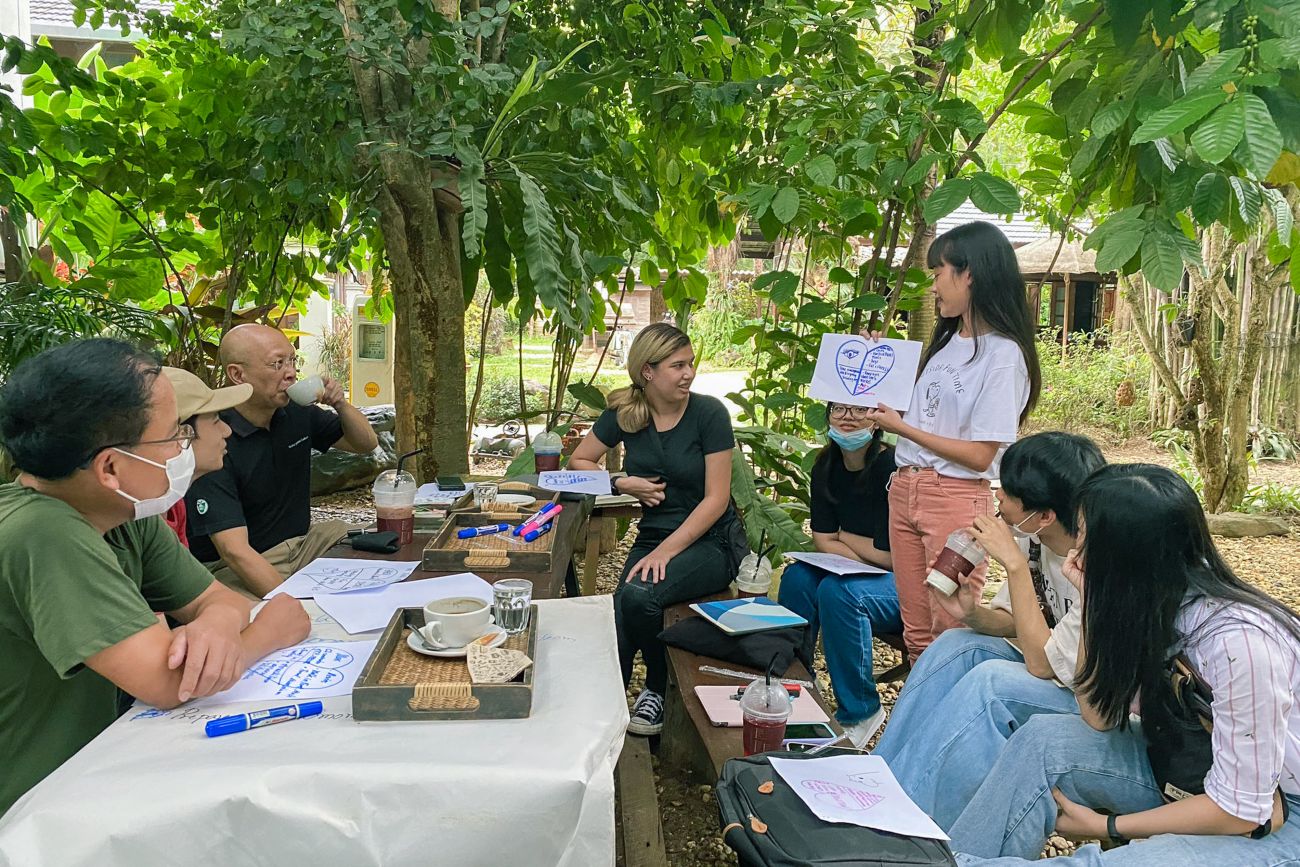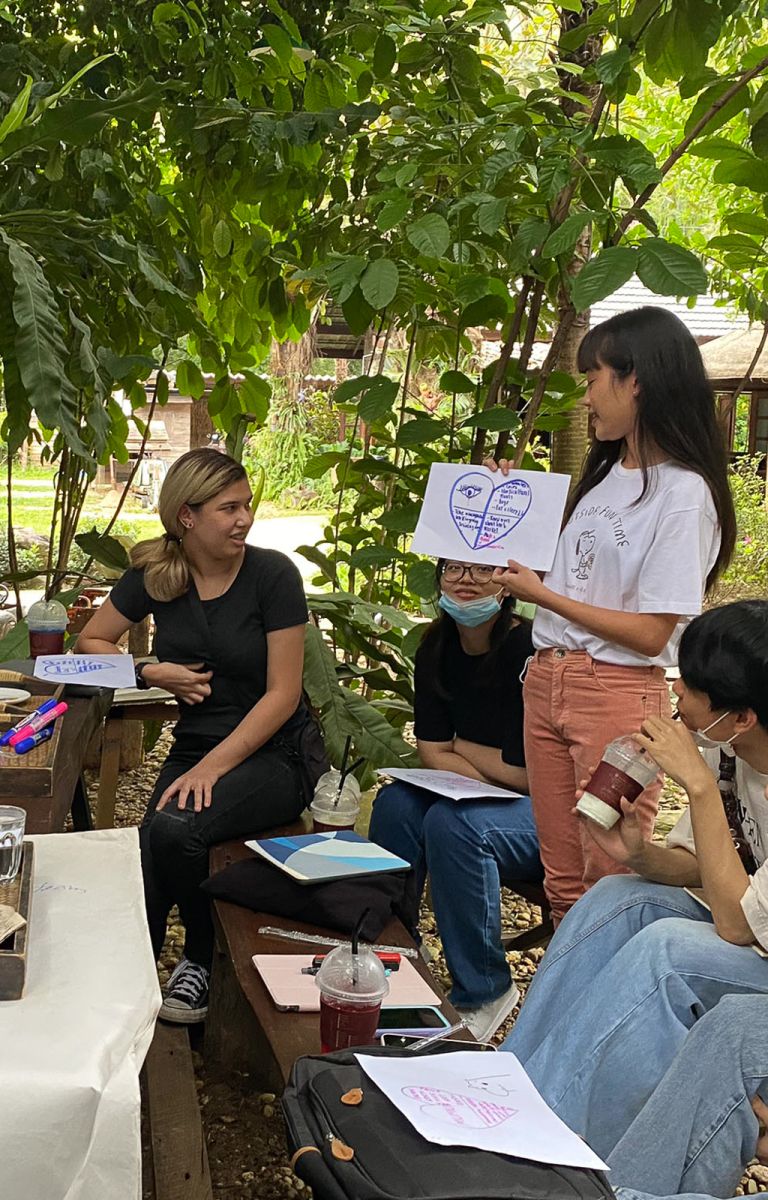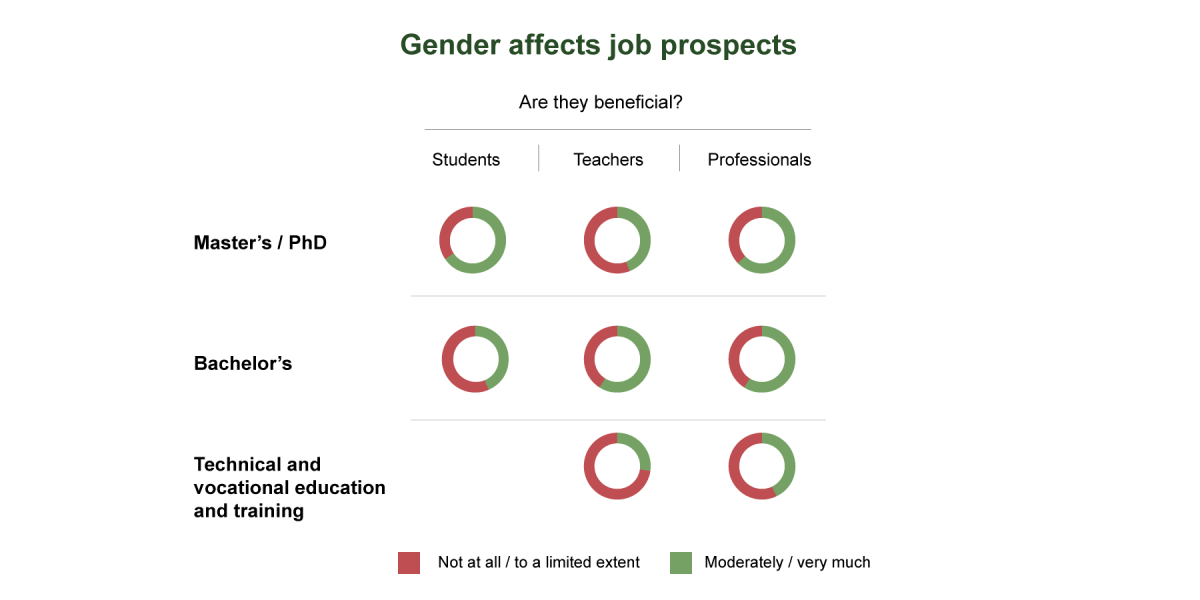

A 2021 report shows that significant gaps in education about forests across the Asia–Pacific region threaten to undermine efforts to limit climate change, conserve biodiversity and achieve sustainable development.
The research was conducted by RECOFTC for the Food and Agriculture Organization of the United Nations (FAO) and the International Timber Trade Organization.
RECOFTC surveyed 435 people in the region from July to October 2020 as part of FAO’s Global Assessment of Forest Education. The survey covered all levels of education, from primary schools to PhD programs. FAO published the findings in a report that RECOFTC summarized online.
The study highlighted widespread challenges with curricula, the exposure of students to forests, the level of resources dedicated to forestry education, the amount of practical experience and the pathways to forest-related jobs.
“Many respondents painted a picture of forest education that is underresourced, outdated and disconnected from the changing needs of the job market,” says Sirichai Saengcharnchai of RECOFTC, who coordinated the survey.
For example, many respondents said that graduates are ill-equipped to enter the workforce because they are unfamiliar with modern approaches and lack relevant knowledge and skills.
 Youth perspectives
Youth perspectives
The university students who took part in the survey represent the next generation of forest sector workers. But many of them are unsatisfied with their experiences and prospects.
“My university has extremely few subscriptions to forest-related journals and studies, therefore is out of touch with recent developments, research and discoveries,” said one student.
According to another student, “Most of the forestry graduates are unemployed even after getting a PhD degree. I am not sure about my career after graduating from my forest degree program.”
Their views have been reflected in a call for action issued on behalf of youth at the XV World Forestry Congress in South Korea in 2022. It sets out a vision for “inclusive and equitable access to high-quality forest education as well as to decent work and career development opportunities”.
The Youth Call for Action also highlights the need to achieve gender equality and empower all young women in the forest sector. This echoes the findings of RECOFTC’s survey.
Many of the survey respondents said that a graduate’s gender is moderately or very much a factor in their ability to find a job and, more so, a factor in the types of jobs graduates are offered. More women cited this than men.

“Regarding gender in forestry, it is quite a problem since most companies only hire male workers,” said one university student. “And some of them even write it as the number one criterion.”
The bigger picture
The RECOFTC research on forest education forms part of its contribution to the Sustainable Development Goals—particularly Goal 4 on quality education and Goal 15 on life on land.
The report includes 50 recommendations for national governments, international donors, regional bodies and organizations, companies and government agencies active in the forest sector.
Many of the recommendations focus on reviewing and updating curricula, training teachers, increasing students’ exposure to forests and forest careers and strengthening links between educational establishments and potential employers.
Other recommendations target increasing the availability of internships and part-time jobs, addressing gender and social inequalities, improving access to digital learning tools and boosting the image of careers in the forest sector.
“Without well-managed and protected forests, we cannot hope to address climate change and biodiversity loss and develop sustainable rural livelihoods,” says RECOFTC Executive Director David Ganz.
"For that, we need workers with the knowledge and skills required to manage, protect, use, study and restore forests. We also need greater societal understanding of the benefits that forests provide. Forest education can meet both of these needs.”
